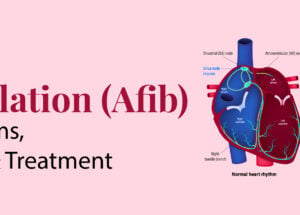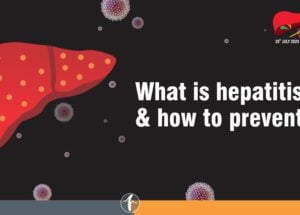how to increase HDL cholesterol
May 2, 2025

How to Increase HDL Cholesterol Naturally
The body needs cholesterol for the synthesis of hormones and new cells. But not every type of cholesterol is made equally. The benefit of high-density lipoprotein (HDL), sometimes referred to as “good cholesterol,” is that it lowers the risk of heart disease by assisting in the removal of excess cholesterol from the bloodstream. Adopting lifestyle behaviours that promote higher HDL cholesterol levels is crucial since low HDL cholesterol might increase the risk of cardiovascular illnesses.
If you’re looking to boost your HDL cholesterol naturally, here are some effective strategies:
1. Eat Healthy Fats
Not all fats are bad for your health. Incorporating heart-healthy fats into your diet can help raise HDL levels. Focus on:
- Monounsaturated fats: Found in olive oil, avocados, and nuts.
- Polyunsaturated fats: Found in fatty fish, flaxseeds, and walnuts.
- Omega-3 fatty acids: Present in salmon, mackerel, and chia seeds.
These healthy fats not only raise HDL cholesterol but also improve overall heart health.
2. Increase Physical Activity
Regular exercise is one of the most effective ways to improve HDL cholesterol levels. Engaging in activities such as:
- Brisk walking
- Jogging or running
- Swimming
- Cycling
- Strength training
can help boost HDL levels while improving cardiovascular health. Aim for at least 30 minutes of moderate-intensity exercise most days of the week.
3. Reduce nicotine intake
Smoking lowers HDL cholesterol and increases the risk of heart disease. Quitting smoking can significantly improve HDL levels and provide numerous other health benefits, including better lung function, improved circulation, and a reduced risk of heart attack and stroke.
4. Maintain a Healthy Weight
Excess weight can contribute to low HDL cholesterol levels. Losing even a small amount of weight can help increase HDL levels and improve overall heart health. Focus on:
- Eating a balanced diet rich in whole foods
- Reducing sugar and processed food intake
- Increasing fibre consumption
- Staying physically active
5. Reduce Sugar and Refined Carbs
Diets high in sugar and refined carbohydrates, such as white bread, pasta, and sugary drinks, can lower HDL cholesterol. Replacing these with whole grains, fruits, and vegetables can help maintain a healthy lipid profile.
6. Consume More Fiber
Soluble fibre helps improve cholesterol levels by increasing HDL and reducing LDL (bad) cholesterol. Great sources of fibre include:
- Oats and barley
- Beans and lentils
- Fruits like apples and berries
- Vegetables such as broccoli and Brussels sprouts
7. Moderate Alcohol Consumption
Moderate alcohol consumption, particularly red wine, has been associated with greater HDL levels. However, excessive alcohol consumption can cause major health problems, therefore it is critical to consume it in moderation.
8. Add Antioxidant-Rich Foods
Antioxidants help protect HDL from oxidative damage. Foods rich in antioxidants include:
- Dark chocolate (in moderation)
- Green tea
- Berries
- Dark leafy greens
These foods can support cardiovascular health while naturally boosting HDL levels.
9. Get Enough Sleep
Poor sleep is linked to various metabolic disorders, including lower HDL cholesterol. Aim for 7-9 hours of quality sleep each night to support overall health and heart function.
10. Manage Stress
Chronic stress negatively impacts cholesterol levels and overall heart health. Practising stress management techniques like meditation, deep breathing exercises, and yoga can help improve HDL levels.
Conclusion
Increasing HDL cholesterol naturally requires dietary changes, regular physical activity, and a healthy lifestyle. By making these adjustments, you can support heart health, reduce the risk of cardiovascular disease, and improve your overall well-being. If you have concerns about your cholesterol levels, it’s always best to consult a healthcare provider for personalized guidance.
Frequently asked questions
1. What is a healthy level of HDL cholesterol?
A higher HDL level is generally better. It’s best to consult a healthcare provider to understand the optimal range for your specific health profile.
2. How long does it take to raise HDL cholesterol?
Lifestyle changes such as diet, exercise, and quitting smoking can start improving HDL levels within a few weeks to months, depending on individual factors.
3. Should I be concerned if my HDL cholesterol is low?
Low HDL cholesterol can increase the risk of heart disease. It’s important to discuss your cholesterol levels with a doctor to determine the best course of action.





